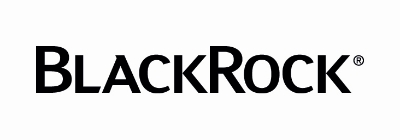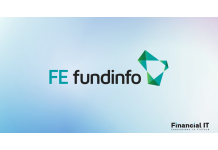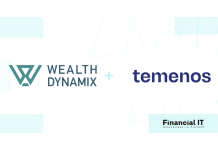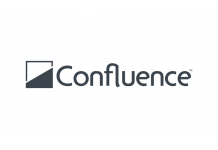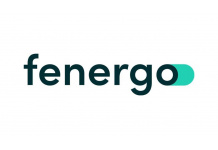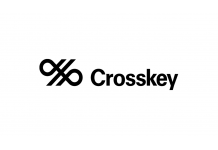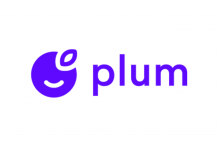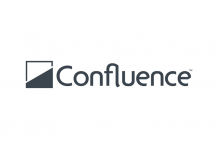FE Fundinfo Announces Nexus: Helping the Investment...
- 26.11.2024 10:05 am
Wealth Dynamix Now Available on Temenos Exchange
- 01.02.2024 11:15 am
Zelig Advises Accelex on $15M Series A led by FactSet
- 06.11.2023 11:30 am
Two Thirds of UK Investors Comfortable Using AI for...
- 01.11.2023 10:20 am
Zerich Securities Rebrands into Mind Money, an...
- 27.10.2023 02:20 pm
Mintos Launches High-yield Fractional Bonds for Retail...
- 17.10.2023 07:20 am
Investment Metrics Launches Liability Reporting as...
- 21.09.2023 02:10 pm
Arendt Services Taps Fenergo to Deliver Game-changing...
- 05.09.2023 02:00 pm
Airwallex and Public Partner to Minimise FX Costs for...
- 31.08.2023 12:00 pm
Mangold Fondkommission Chooses Crosskey for Integrated...
- 25.08.2023 03:25 pm
Plum Launches News to Keep Investors in the Know
- 01.08.2023 09:05 am
Confluence Unveils AI Strategy to Deliver Real Impact...
- 29.06.2023 04:45 pm

